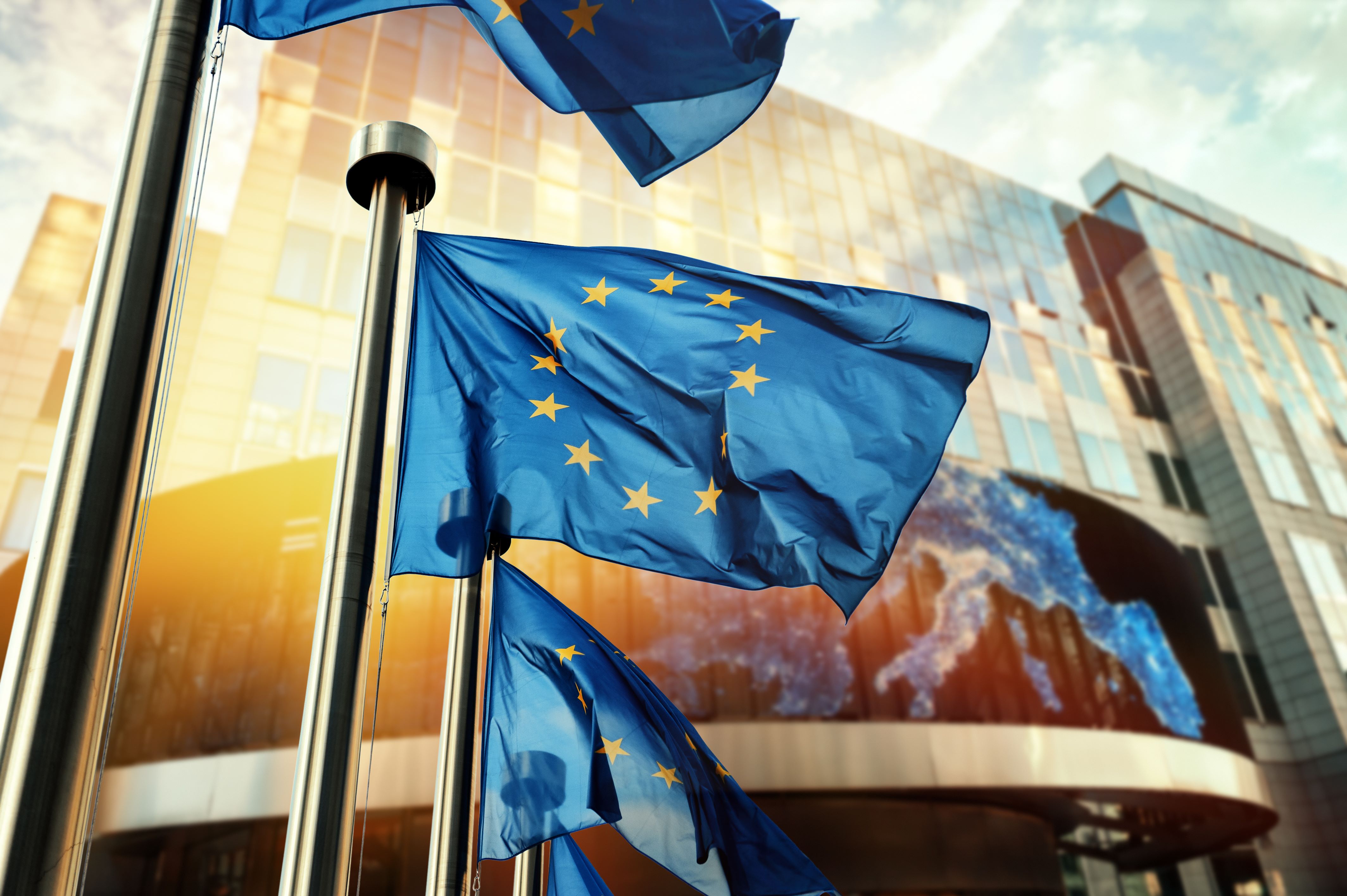
In the IOE&IT Daily Update’s latest round-up of EU trade developments, we cover the trade bloc’s attempts to maintain unity over Chinese and Russian policy, the possible future of the leader of the European Commission (EC) and a pair of trade deal negotiations.
Ukraine grain latest
The EU has made an offer to member states complaining about the Ukraine Grain deal’s impact on their domestic farming markets, in an effort to smooth over the escalating political row.
As reported previously by the IOE&IT Daily Update, Poland, Slovakia and Hungary brought in export bans on Ukrainian grain, while Bulgaria was considering following suit, citing the need to protect their internal markets.
RTE reports that Ukrainian grain exports transiting through the EU had been piling up in various eastern European countries and depressing local prices.
The EC has offered a €100m package to farmers most affected by the Ukrainian exports on top of €56m offered last month.
Poland also agreed to lift a ban on the transit of Ukrainian goods after talks in Warsaw, with Polish agriculture minister Robert Telus saying “mechanisms” had been put in place to solve the issue.
Politico reports that Russia is using this dispute to undermine the deal and strengthen its own position ahead of a possible renegotiation.
EU-China
Senior EU figures have attempted to regain control of the bloc’s position on China after French president Emmanuel Macron’s recent comments on EU-Chinese relations.
Macron said that the EU should not be a “follower” of US or Chinese policy, implying that there could be a rift between Brussels and Washington.
Although he later stated that France supported the “status quo” on China, he doubled down on his comments at the same time saying that the EU should avoid being a “vassal”, according to France24.
Both EC president Ursula von der Leyen and foreign affairs chief Josep Borrell weighed in on the matter.
Von der Leyen called for the EU to maintain a common position, according to Bloomberg, with Borrell issuing a similar message on “trying to speak along the same wavelength”.
Borrell also told a G7 foreign ministers meeting that China was a “partner, competitor and systemic rival”, with China’s behaviour being the determining factor as to which of these would be applicable, according to Reuters.
Future for Ursula
The EC president has still not revealed whether or not she will run again for a second term as leader of the commission ahead of the 2024 European Parliamentary elections.
The Guardian reports that she remains non-committal on her political future, with some speculation that she might pursue the role of NATO secretary general when it falls open in October 2023.
The position of EC president is not popularly elected. Instead, members of the European Parliament must nominate a candidate, as one of its first tasks following elections.
Politicians from her native Germany have indicated their support for her continuing the role, according to Politico.
Von der Leyen secured the support of her own party – the Christian Democrat Union (CDU) – after its leader Friedrich Merz announced its official endorsement on Monday (17 April). The CDU is the largest single bloc within the EPP and von der Leyen previously served as defence minister under long-time chancellor Angela Merkel.
Current German chancellor Olaf Scholz, a member of the rival centre-left Social Democrat Party, is also said to be privately supportive of her bid in the absence of a left-wing alternative, although he is publicly non-committal.
EU-Mercosur
The EU’s trade push into South America has been halted after Brazil opposed the bloc’s efforts to add environmental clauses to the deal, including protections for the Amazon Forest and commitments to the Paris climate agreement.
Mercosur is a common market consisting of Argentina, Brazil, Paraguay, Uruguay and Venezuela, with Bolivia currently in the process of joining. Venezuela’s membership has been suspended since 2017, however.
As reported previously by the IOE&IT Daily Update, French president Macron had indicated that there would be no deal without environmental clauses.
However, the FT reports that Brasilia is “not at all” happy with the nature of the request, with some diplomats fearing the deal would now need to be re-negotiated after Macron’s request.
A previous “window of opportunity” after the more environmentally conscious Luiz Inácio Lula da Silva beat Jair Bolsonaro in last year’s presidential election appears to be closing, after 10 agricultural ministers – led by Austria’s Norbert Totschnig – spoke against the deal in a meeting in mid-March.
Politico reports that EU officials still want the deal to move ahead.
Swiss-EU
The EU has revived talks with Switzerland, two years after the Swiss government abruptly pulled out of seven-year-long negotiations, according to the FT.
Any new agreement would likely include new rules on trade and state aid, as well as more politically contentious topics such as immigration.
At the end of March, the Swiss Federal Council said they had taken positive steps towards the next phase in renegotiating the agreement between the Switzerland and the EU.
A move by the Swiss local Cantons to endorse a new negotiating position and a visit by EC vice president, Maroš Šefčovič, appear to be the motivating factors behind the restart.
“We welcome the positive momentum towards modernising EU-Swiss relations,” an EU spokesman said.
Šefčovič has reportedly targeted Summer 2024 for a new deal with Switzerland.



